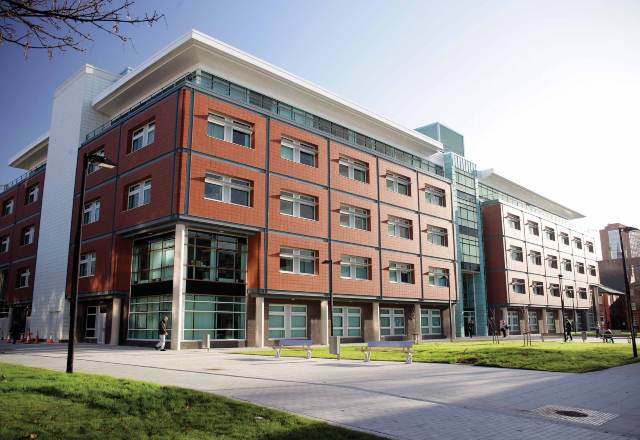Diversifying the Curriculum: Research Design and Skills
Written by Elena Barabantseva
What was the rationale/aim of the project?
This project funded from the Diversifying the Curriculum Funding aimed to diversify the content on the POLI 60312 Research Design and Skills module, specifically by creating short videos featuring former MA students who could share their experiences and usefulness of the skills they learned on the module in their current occupations within or outside of academia. Research Design and Skills aims to equip students with the knowledge and experience that are necessary for preparing a research project proposal that they can then develop and realise in their MA dissertations. It is a compulsory module for all MA students in Politics and for the final form of assessment students submit a 2,600-word research project proposal. Between 150 and 300 students take this module every year. The main challenge is to cater for a large cohort of international students and students doing their MA degree after a UG study in a different discipline. The main rationale for the diversifying the curriculum funding was to highlight the transferability of the skills beyond university and provide students with real-world examples of how the knowledge of how to prepare a research proposal developed in the module could be applied in various contexts.
What was the output of the project? How was it delivered to students or included in the curriculum/syllabus?
The project’s output consisted of three short videos, approximately three minutes long, featuring former MA students. In the videos, the alumni introduced their current occupation, mentioned the programme and year of their MA degree, and discussed the skills they had developed during the Research Design and Skills module and how they had found them useful in their careers. The focus was on specific skills and how they had applied them in their professional lives. For example, one of the former students works for a research funding agency and she spoke specifically about the importance of considering the scope of the project and the feasibility of the proposal. Another student working in academia abroad talked about the importance of literature reviews for research proposals and publications more generally. Another student undertaking an internship in the UN system drew parallels between writing a research proposal and preparing an application for the internship. The main idea behind this exercise was to illustrate a wide applicability of skills and knowledge developed during the module.
How was this received by students? Any evaluation? First impressions?
The alumni videos did not receive direct feedback or evaluation from the students, possibly because the videos were shown in the introductory lecture and uploaded to Blackboard, and by the time students completed unit evaluations, some time had passed. Seeking direct feedback from the students could be a useful step to assess the impact of the videos on their understanding of the module and the perceived usefulness of the skills.
Did you encounter any difficulties/challenges?
One of the challenges encountered was in finding former MA students with diverse experience who were willing to participate in the project. While we received three contributions, not all alumni who initially agreed to participate submitted their videos.
What are the next steps/plans?
The convenors of the module are in discussion with the Politics Teaching and Learning team to further reform the module to foreground the development of transferrable research project skills. The aims are to introduce the MA student cohort to independent research skills at the start of the year, to work on the progressive research skills development that would benefit students’ performance on other modules and their final dissertation; to encourage a gradual development of the students’ own research interests, and to build a sense of the MA learning and research community.







0 Comments